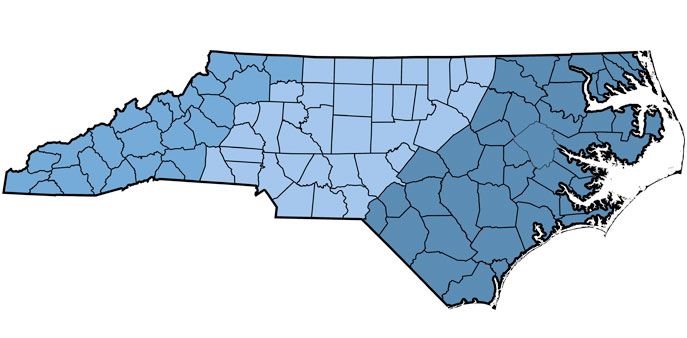Continuing a legacy
of giving

The Cannon Foundation was established in 1943 by Charles A. Cannon, President and CEO of Cannon Mills Company. The Foundation continues his philanthropic legacy by funding capital and equipment projects for organizations across Mr. Cannon’s home state of North Carolina.
Watch our video to learn more about what kind of projects The Cannon Foundation supports.
Areas of Focus

Human Services
Organizations that meet basic needs or help individuals escape the cycle of violence or poverty may apply for their capital or equipment needs, especially if they help in underserved parts of North Carolina. Projects can range from new roofs or HVAC systems to construction or renovation of buildings.

Higher Education
The Foundation supports private colleges, community colleges serving Tier 1 or 2 counties and small public colleges across North Carolina. Projects that construct or renovate buildings or building infrastructure are considered as well as training equipment. Rural public libraries with capital needs may also apply.

Healthcare
Non-profit hospitals serving rural areas, hospices, federally qualified health centers and free clinics can be considered. Organizations serving special needs populations as well as mental health and substance use disorders in North Carolina can also be considered. Projects can range from medical equipment to construction or renovation of buildings or building infrastructure.
Grants Made in the Last Fiscal Year
Total Number of Grants: 187
Total Amount: $13,653,210
Rollover the map below in order to view grant data for each region.

Helpful Hints for Grant Applicants
Qualifying organizations must be well established with at least five years of successful operations before a grant can be considered.
Projects with a request greater than $100,000 should wait to apply until your organization has identified at least 60% of the total funding needed and when the project can be completed within 12-18 months. This does not mean that the Foundation will fund the remaining 40%.
Projects with other funding sources or community collaboration are preferred.
If a project will expand service capacity, then the organization should have a clear business plan for funding ongoing operations. The Foundation does not fund operational expenses such as salaries or overhead costs.
The Foundation does not want to create dependency. Organizations should wait at least two years between grant requests.
The Cannon Foundation is not interested in naming opportunities.
The Foundation does not provide start-up funding, scholarships, grants to individuals or operating funds including salaries or overhead costs.
Board of Directors
Directors
William C. Cannon, Jr., President
Edward K. Prewitt, Jr., Vice President
George W. Liles, Jr., Secretary
William M. Connolly, Treasurer
Janet Ward Black
Eugene W. Cochrane, Jr.
Winslow H. Galloway
Brittian L. Leatherman
Elizabeth L. QuickDirectors Emeriti
William S. Fisher
Thomas M. GradyAdvisory Members
Kristin Baker
Joseph Budd
Mike Downs
